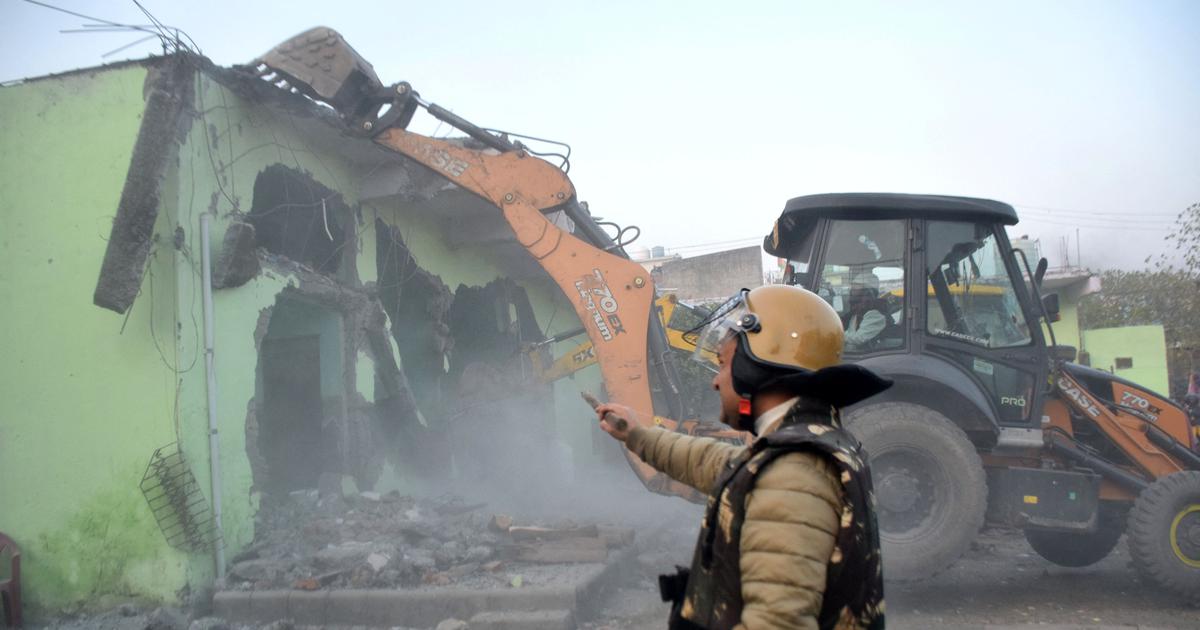India’s bulldozer demolitions are being fuelled by political silence

In June, the Assam government demolished just over 600 Muslim homes in Goalpara district in what it described as a crackdown on “illegal encroachments”.
In Jahangirpuri in Delhi, homes and shops were razed despite a Supreme Court stay in April. The next month, the Ahmedabad municipality demolished 8,500 houses in Danilimda in a drive aimed at “illegal Bangladeshis”. The same month, in Saharanpur in Uttar Pradesh, a mosque under construction was demolished without warning.
Bulldozers have emerged as the state’s favourite weapon in Narendra Modi’s India, flattening Muslim neighbourhoods with clinical choreography.
Each such demolition redraws the geography of citizenship and belonging. Like Israel’s bulldozers in Gaza and the West Bank, India’s bulldozers flatten buildings while erasing memory, rewriting history and reinforcing majoritarian rule.
Italian philosopher Giorgio Agamben warns of the “state of exception”: legal limbo where democratic rights are suspended in the name of national interest.
Agamben’s “state of exception” is evident when citizenship is overridden by suspicion, when due process is abandoned and when the law is fashioned into a tool of punishment. The state that is meant to protect rights becomes an agent of violation.
“We lost everything in a day,” Fatima Begum, a mother of four in Goalpara told The Observer Post. “My children now suffer in the heat and rain. We only ask for dignity...
Read more
News